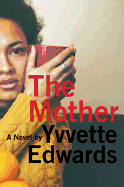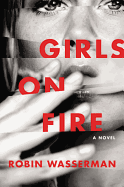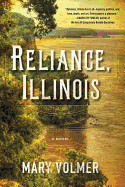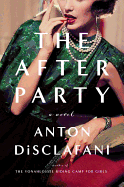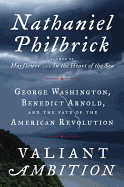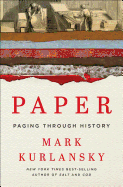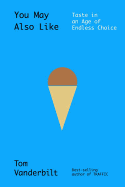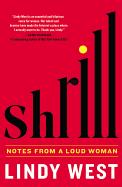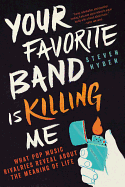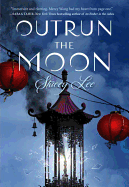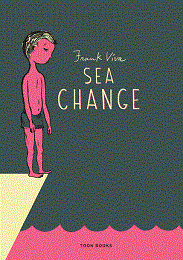 |
| photo: Christopher Noble |
Nathaniel Philbrick has written extensively about American history, including In the Heart of the Sea, winner of the National Book Award, and Mayflower, finalist for a Pulitzer Prize. His newest book, Valiant Ambition (reviewed below), takes a close look at the American Revolution through the lives of George Washington and Benedict Arnold. Philbrick resides on Nantucket with his wife.
Valiant Ambition focuses on two key personalities of the American Revolution: George Washington and Benedict Arnold. Why do you find their stories so important to share?
This was a way to get at a portion of the Revolution that most of us really don't get. The perceived wisdom outlines Washington's great comeback at Trenton, the ordeal of supplies and materials at Valley Forge, and, soon to follow after that, the victory at Yorktown. But that is not the way it happened. The Revolution was a huge ordeal, not one battle right after another. It really began to slog down, and the American people lost their way. Much of that conflict was directed not towards the British, but towards themselves.
Valiant Ambition is really about how these two different people responded to those challenges in very different ways.
There are many books about the American Revolution as a whole, or about its start, or about how it ended--but you chose to focus very specifically on the middle years of the war. Why?
It seemed to me that the way to frame this story was to begin at Washington's lowest point and Benedict Arnold's highest point. At the start of the book, Washington, the man destined to be the savior of our country, is very close to losing his position--if not the entire war. Almost at the same time, hundreds of miles away, it's Benedict Arnold who saves the day by preventing the British from marching down Lake Champlain to take Ticonderoga and link up with the British troops who had taken New York.
So the book opens in the instance in which the man who we now think of as the most notorious traitor in American history proved to be the hero. Watching what happens over the next four years is really interesting--Washington goes up as Arnold falls down.
These were two very different men, but, as the title of the book suggests, both seem driven by ambition. Would you say that they interpreted that ambition differently?
Yes, these were very different men, but there were some essential similarities.
Today, we think of Washington as the guy on the dollar bill: the pragmatic leader who never took unnecessary risk and always had a larger picture in view. But he didn't start out that way. His nature was much more like Arnold's. He was a natural fighter who wanted to engage the enemy and go all out in battle. It was only after various setbacks that he began to realize that what was best for his country was not to go out swinging, but to take a more Fabian approach to the war. He learned to control his natural instinct and predisposition--to control his inner Arnold.
Arnold had those same natural urges, which made him the best battlefield commander Washington had. But he was not the type of man to control his passions. Where Washington spent his life trying to control himself and mold his personality into what history remembers, Arnold, like most of us, was born as he was and his personality remained constant from the beginning.
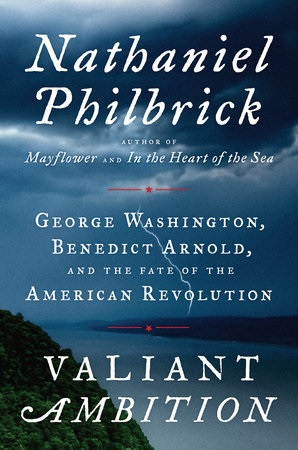 Do you think, ultimately, Arnold was acting for his own best interests, or did he believe that a British victory would be best for America?
Do you think, ultimately, Arnold was acting for his own best interests, or did he believe that a British victory would be best for America?
That's the shady area that all people operate in. Are you out for your own personal glory, or are you truly attached to that of your country? With Arnold, as long as those two things coincided, he was the great hero we so desperately needed in the early battles of the Revolution. But he was also a hothead, and did not have Washington's ability to be tactful or patient, and so he was constantly butting heads with others.
Yes, he was treated terribly by Congress. (Congressional dysfunction is nothing new.) What they did in overlooking him for promotion was totally outrageous, and Arnold wouldn't have had to be a hothead to react negatively to that. Between that and his injury--which set him back both physically and psychologically--there was definitely a combination of factors that made him rethink his position on the war. Add in his marriage to Peggy Shippen, who we know to have had Loyalist leanings, and you can see how Arnold wound up in the position he did.
I have a lot of sympathy for Arnold, but I don't think you can ultimately explain away his decision to turn traitor. If he had truly decided that the best thing for his country was for Britain to win, then he could have just shifted sides. But instead of that, he went to great lengths to make sure he was going to get paid as much money as possible in the process.
But you don't feel that Arnold decided to commit treason easily.
It's hard for Americans today to give Arnold anything close to a fair shake. His name is now synonymous with the most evil traitor possible. For me, it was a fairly refreshing surprise to rediscover how tortured he really was in this process--and to recognize that there was always a possibility that he might not turn traitor after all.
Despite the terrible nature of his decision, how much did Arnold's treason prove to be exactly what America needed at that point in the war?
A lot of Arnold's despair about where America was going was legitimate. Americans had lost their way, turned their backs on the war and the army, and just assumed that the French were going to win it for us. The people had been lulled into a state of absolute apathy and exhaustion, had given up on the ideals with which they had started this revolution.
The great irony is that Arnold, in his great victories prior to this, had done more than any other general to further the cause of the American states, and then in his treason, probably did more than anyone else, save maybe Washington, to rescue the cause of the revolution from its lowest ebb. He was a huge slap in the face for America. He made them realize that this war was theirs to lose. His betrayal really renewed the colonies' dedication to the cause and made them fight through, all or nothing.
You're writing about the same time period in which the hit Broadway musical Hamilton takes place. Have you seen it, and if so, what do you think of it?
I've seen it, and it really blew me away. This is just the kind of thing we need to crack the stories of history open and make them accessible to people today. And that doesn't mean doing what really happened a disservice. It means getting at the essence of what it means to be a human being in times of great change.
We like to think of the Founding Fathers as finishing something, founding something. But they really didn't. America is in a continual state of revolution, always reinventing what it means to be an American under the changing circumstances of our society. These stories are the kind of thing that make history come alive. --Kerry McHugh, blogger at Entomology of a Bookworm
Nathaniel Philbrick: Bringing the Human Stories of History to Life
_Cristin_Young_(Medium).jpg)




 Do you think, ultimately, Arnold was acting for his own best interests, or did he believe that a British victory would be best for America?
Do you think, ultimately, Arnold was acting for his own best interests, or did he believe that a British victory would be best for America?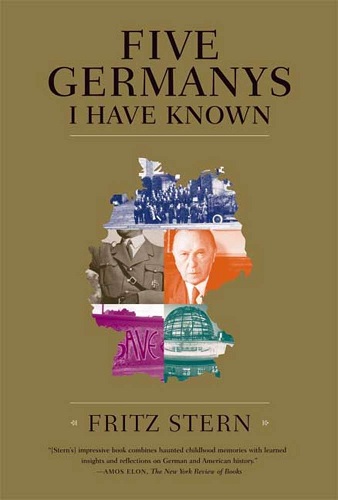 Fritz Stern, author, historian and Columbia University professor,
Fritz Stern, author, historian and Columbia University professor, 